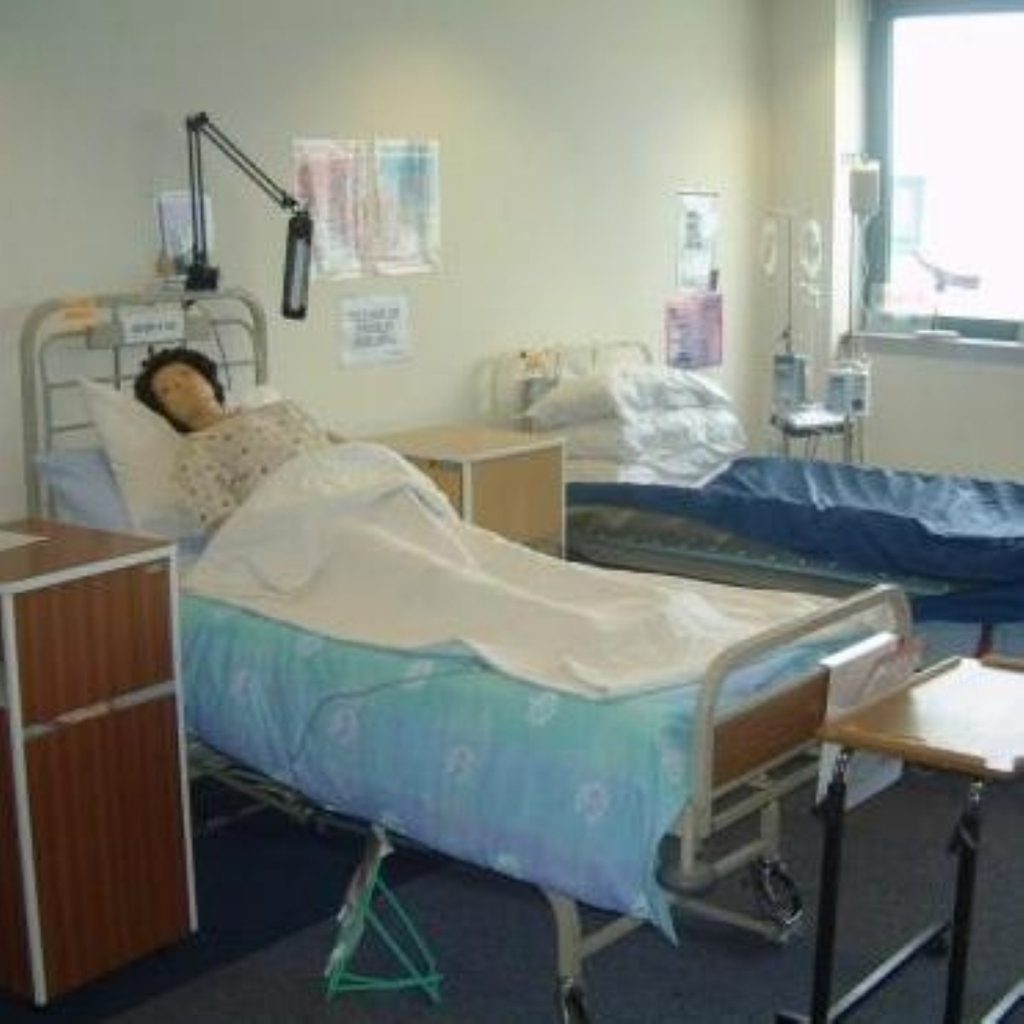NHS rapped over patchy progress on MSRA
The NHS has been criticised for only making patchy progress in reducing the rates of “superbug” infection, which have jumped alarmingly over the past decade.
In 2000 the National Audit Office (NAO) estimated the cost of infection to the NHS to be in the region of £1 billion a year, and to blame for 5000 deaths.
At the time the NAO made 29 detailed recommendations of ways to cut the numbers infected by 15 per cent, and today has published its follow up report.
Wednesday’s report says that there has been “notable progress at trust level in putting systems and processes in place and strengthening infection control teams to improve the prevention and control of hospital acquired infection.”


But it warns that the “NHS still does not have enough information on the extent and cost of hospital acquired infection.”
Though the Department of Health introduced mandatory reporting of bloodstream infections, today’s report notes that there is not comparable data for any of the other forms of MRSA infection.
It warns that “this makes it is impossible to quantify with any certainty if there have been any changes in NHS trusts’ infection rates.”
The data available shows an eight per cent rise in the number of Staphylococcus aureus bloodstream infections 2001-04, making the UK’s infection rate one of the worst in Europe.
The head of the NAO, Sir John Bourn said: “The Department of Health has made important progress in raising the profile in NHS trusts of the control of hospital-acquired infection, culminating in its key publication Winning Ways.
“However, I am concerned that, four years on from my original report, the NHS still does not have a proper grasp of the extent and cost of hospital-acquired infection in trusts.
“The war against hospital-acquired infection must be pursued on many different fronts: ranging from tackling the factors which inhibit good practice, including a more robust approach to antibiotic prescribing and hospital hygiene, though instituting a system of mandatory surveillance, to persuading all NHS staff to take responsibility for, and contribute towards, effective infection control.”
The report also notes that the increased number of patients being treated has resulted in a higher level of bed occupancy, “which complicates good infection control and bed management practices” and reports concerns about a lack of suitable isolation rooms.
It warns that among hospital staff infection control is regarded as a problem for the infection control team alone and “considerable improvement” is needed in hygiene and cleanliness.
Commenting on the report, the Liberal Democrat health spokesman, Paul Burstow, said: “The report is a damning indictment of the abject failure of the Government to stem the rising tide of infection in the NHS.
He blamed a ministerial “obsession with targets and tick boxes”, and noted: “Cutting infection is not rocket science. The NHS must re-learn the lessons Florence Nightingale taught over 100 years ago. Fighting infection is a task for everyone who works in the NHS. What is needed now is a culture of zero tolerance for hospital infections”
The Government believes that its recently published plans to reduce MRSA infection, including giving patients a right to complain about cleanliness, ordering trusts to display information about infection rates and giving matrons direct responsibility for cleaning staff will help address the problem.
Shadow Health Secretary, Andrew Lansley, called on the Government to abandon their “top down” approach. He said: “What is required is for hospitals to have the independence and responsibility needed to adopt good practice and to be accountable through patient choice.”












